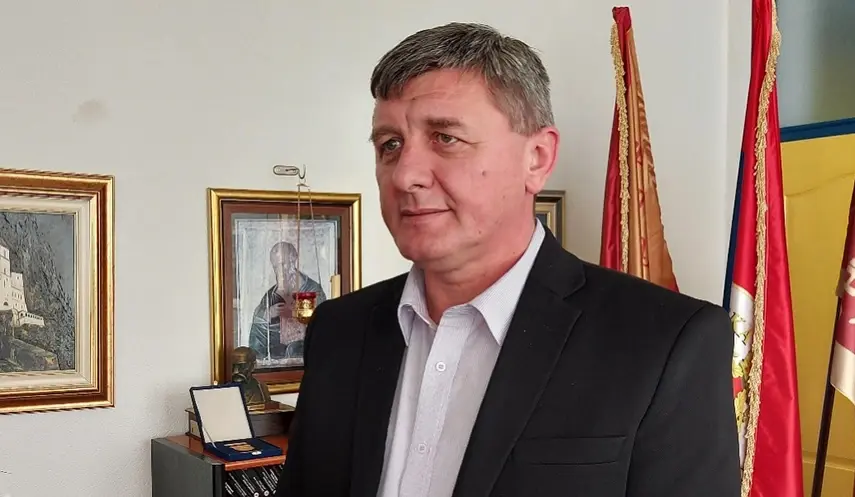HITLER’S SHADOWS HAVE LINGERED OVER THE BALKANS FOR TOO LONG
Russia - Republika Srpska - Mastilović
05/11/2025
11:07

EAST SARAJEVO, May 11 /SRNA/ – The visit of the Republika Srpska and Serbian delegations to Moscow is important not only from the standpoint of current geopolitical developments but also for building and preserving a collective culture of memory—primarily of the Serbian, but also of the Russian people—said Draga Mastilović, Director of the Institute of Historical Sciences at the University of East Sarajevo.
Mastilović told SRNA that this is especially significant today, as neo-Nazism is gaining ground across Europe—of which the continent remains largely unaware, just as it was in the 1990s when, under the patronage of Germany and other Western states, the former Yugoslav federation was dismantled.
“Europe was not conscious then when, under the influence of those powers, the international legal order was trampled and the Federal Republic of Yugoslavia was bombed—solely to strip Serbia of part of its territory and hand it over to ‘Greater Albania,’ itself a fascist project,” Mastilović said.
“Hitler’s shadows have hovered over the Balkans for far too long, yet Europe has neither understood this before nor is it aware of it now,” he added.
According to Mastilović, the presence of the Srpska and Serbian delegations at the May 9 commemorations in Moscow is a crucial step—above all in the historical context—because it finally forces a clear distinction between genuine and merely declarative anti-fascists.
“We must understand which peoples and states in the Balkans supported fascism and Nazism and which suffered massively under it. Which cities welcomed Hitler’s motorized convoys with flowers and joy, and which met them amid ruins, wounds, and tears,” Mastilović emphasized.
He argued that it must be unequivocally stated which nations in this region mounted two separate anti-fascist resistance movements, and which formed their own SS divisions to storm Moscow and Stalingrad in 1941.
Mastilović asserted that it was a revived clerical-fascism and neo-Nazism—backed by certain Western countries, primarily Germany—that destroyed the Yugoslav state in the 1990s.
He added that Europe, and indeed the entire world, must finally learn which people were doomed in Hitler’s Balkan order to be exterminated by genocide or at least relegated to a minor status and territory.
“And we must also recognize who today walks the streets named after known fascists and Nazis of the Second World War, and whose children attend schools bearing their names,” Mastilović concluded.
The delegations of Republika Srpska, led by President Milorad Dodik, including Serb member and Chair of the BiH Presidency Željka Cvijanović, attended events in Moscow commemorating the 80th anniversary of the victory over fascism.

SERBS IN TEARS AND FEAR OVER OWNERSHIP OF ORTHODOX CEMETERIES AND CHURCHES

CVIJANOVIĆ DEMANDS ACCOUNTABILITY FOR SHAMEFUL CONCERT IN ŠIROKI BRIJEG

OSTOJIĆ URGES BiH AND EU TO ACT OVER GLORIFICATION OF FASCIST IDEOLOGIES





